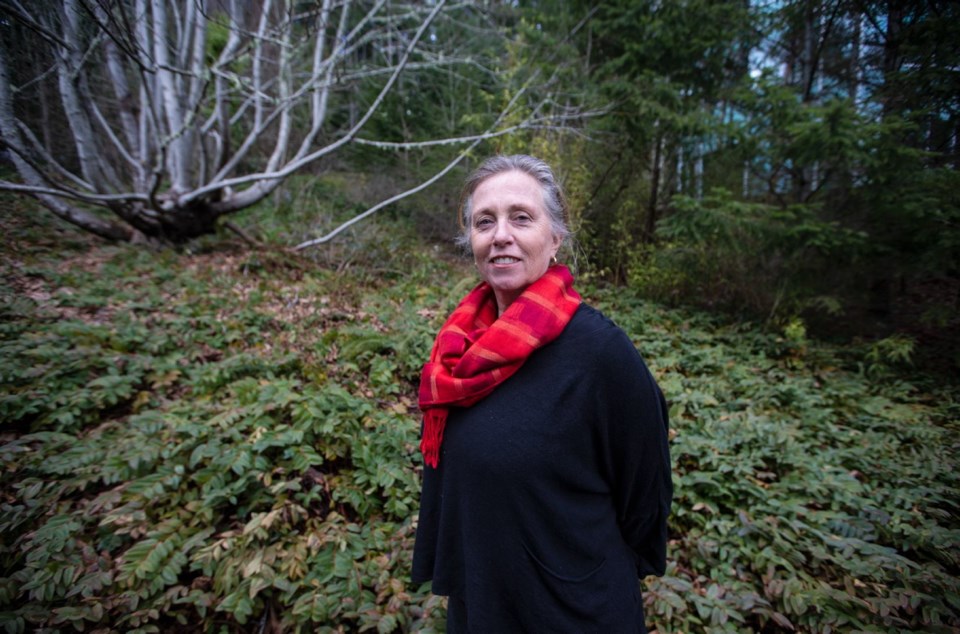Earth’s climate is changing and urgent action is needed to address that reality, says a Royal Roads University professor.
“We are already locked into a certain amount of climate change,” Robin Cox, an expert in disaster response and planning, said in an interview.
“It’s already occurring and will continue to occur. Decisions need to be based on what is currently happening and what is predicted will happen.”
She is heading up a new project called Resilience by Design, a $2-million effort funded by Natural Resources Canada and the B.C. Climate Action Secretariat. Its aim is to help professionals think about climate change as part of their job.
Professional foresters, for example, might want to change the varieties of tree seedlings used to replant logged-over areas. A forester might want to shift to species more tolerant of dry periods or to periods of heavier rainfall.
A civil engineer will want to consider things such as existing and future water levels when designing a bridge.
Resilience by Design will produce a number of courses for professionals, some of them to be taken online, some of them in person. Two courses will be ready by the end of this year.
Cox said climate change is enormously complex. Mitigating one condition can quickly exacerbate another. For example, as summers heat up, an easy fix is more air conditioning.
But more air conditioning means an increase in energy use and that might lead to higher carbon emissions and bring more warming.
“There are all these complex changes happening,” said Cox. “We need to be adapting to them in ways that don’t make conditions worse.”
As global temperatures rise they will eventually pass the point where existing climate models can function. Once the world exceeds a 2 C increase of its average temperature nobody has a good idea of what climates will be like.
“After a certain point, we don’t have strong models to predict what will happen,” she said. “There is a need to work with a certain level of uncertainty.”
Resilience by Design is working in partnership with the province’s universities, including the University of Victoria.
Also on board are professional associations: Applied Science Technologists and Technicians of B.C., College of Applied Biology, B.C. Institute of Agrologists, B.C. Society of Landscape Architects,, Planning Institute of B.C., Association of B.C. Forest Professionals, and Engineers and Geoscientists of B.C.



